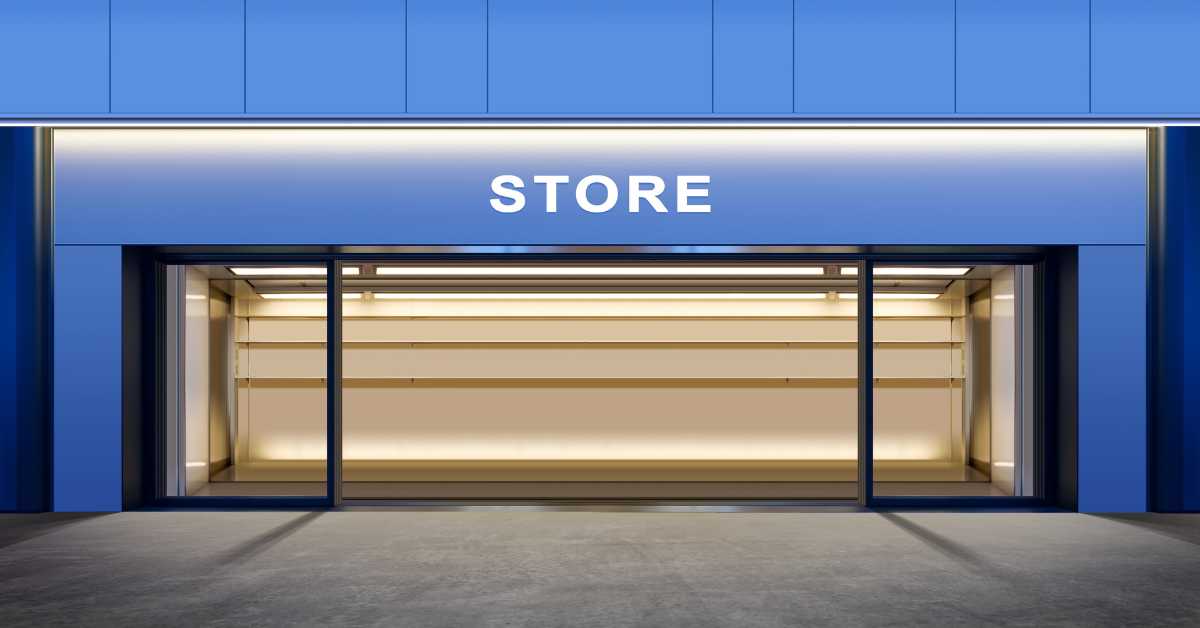In a rapidly changing economic landscape, real estate and retail business models are evolving to cater to shifting consumer and market demands. Two popular options for leveraging space—short-term rentals and long-term leases—present distinct opportunities for businesses, property owners, and tenants. Each approach carries its own advantages and challenges, depending on specific goals, flexibility requirements, and market trends. This blog explores which option might be the right fit for you, aligning with PopupTogether’s mission to connect brands with retail spaces for optimal growth.
Understanding the Basics
- Short-Term Rentals involve leasing a property for a limited period, typically from a few days to several months. This arrangement is popular in retail pop-ups, seasonal businesses, and event-based activities.
- Long-Term Leases are typically year-long commitments, offering stability and often lower per-month rental costs. These leases are common among traditional brick-and-mortar retail spaces.
PopupTogether recognizes the unique dynamics in both short-term and long-term rental arrangements. As an AI-driven matchmaking service for pop-up spaces, PopupTogether is particularly focused on the flexibility, profitability, and marketing power of short-term rentals, while also appreciating the stability and reduced churn associated with long-term leases.
Key Benefits of Short-Term Rentals
- Flexibility and Agility
- Adapting Quickly to Market Trends: Short-term rentals empower businesses to pivot quickly, respond to trends, and reach new audiences. For example, retail brands can leverage pop-ups to test new products in high-traffic locations.
- Lower Initial Investment: A short-term rental does not require long-term financial commitment, making it an attractive option for emerging brands or those trying to gauge market viability.
- Seasonal and Event-Based Sales: Businesses that rely on holiday seasons, festivals, or local events can benefit from short-term leases to optimize sales during high-demand periods.
- Maximized Foot Traffic and Visibility
- Strategic Location Options: PopupTogether’s AI-matching algorithm identifies ideal spaces that attract target demographics, enhancing a brand’s exposure and maximizing retail foot traffic.
- Collaborative Retail Ecosystems: Short-term spaces often foster multi-vendor environments, creating synergy among complementary brands. This setup increases brand visibility and customer engagement while reducing individual marketing costs.
- Lower Long-Term Risk
- Test and Learn Without Long-Term Commitment: Short-term rentals offer businesses the chance to experiment with various formats, pricing, and products in different locations without being locked into a lengthy lease.
- Adapt to Economic Fluctuations: In uncertain markets, businesses can easily downsize or shift strategies based on market demand without worrying about lease restrictions.
Key Benefits of Long-Term Leases
- Stability and Predictability
- Fixed Costs and Budgeting: Long-term leases provide predictable rental expenses, which makes financial planning easier. Property owners also benefit from stable, predictable revenue streams.
- Secure, Established Presence: Retail brands that prioritize building strong community ties may prefer long-term leases, offering a consistent location for repeat customers.
- Custom-Built Spaces: Long-term tenants often have the ability to customize retail spaces, enhancing brand aesthetics and operational efficiency.
- Better Negotiation Leverage
- Potential for Lower Monthly Rates: Many property owners offer more favorable monthly rates for long-term commitments, providing cost savings over time.
- Opportunities for Lease Incentives: Tenants may negotiate perks like tenant improvement allowances or exclusivity clauses, which are less common in short-term agreements.
Comparing Risks: Which to Consider?
1. Market Uncertainty
- Short-Term Rentals provide an agile response to changing economic conditions. In the post-pandemic world, many urban centers have seen fluctuating retail demand, making short-term pop-ups a resilient model.
- Long-Term Leases, however, may leave businesses vulnerable during downturns, as fixed costs remain constant regardless of sales performance.
2. Cost Considerations
- Initial Investment: Short-term rentals typically require less upfront capital, making them accessible to startups and emerging brands. Long-term leases, on the other hand, often necessitate upfront deposits and operational modifications.
- Operational Flexibility: PopupTogether’s intelligent algorithms match brands with flexible rental terms that align with their growth strategies, a benefit that long-term leases often lack due to restrictive terms.
PopupTogether’s Role in Navigating the Decision
PopupTogether leverages AI to provide data-driven insights on foot traffic, customer demographics, and strategic brand pairings, enabling brands to maximize their short-term retail experiences. By creating tailored solutions that merge complementary brands in shared spaces, PopupTogether optimizes foot traffic and fosters innovative retail concepts. This level of adaptability and marketing precision makes short-term rentals a particularly strong fit for brands looking to make a significant impact with a flexible approach.
Making the Right Choice
When deciding between a short-term rental and a long-term lease, consider the following:
- Are you testing a new market, product, or business concept? Short-term rentals offer a lower-risk, flexible platform for experimentation.
- Do you require brand consistency and a fixed presence? Long-term leases may suit businesses focused on community ties and established customer bases.
- What is your budget and risk tolerance? Short-term rentals lower upfront costs but may involve higher monthly rates. Long-term leases offer stability but at the expense of flexibility.
Ultimately, the right option depends on your business goals, market conditions, and growth strategy. Short-term rentals offer flexibility and quick adaptability to market demands, while long-term leases provide stability and cost predictability. PopupTogether helps businesses make the most of short-term opportunities, empowering brands to curate unforgettable experiences and optimize their retail impact with minimal risk. Whatever path you choose, aligning your strategy with your business vision is key to unlocking the full potential of your retail venture.





